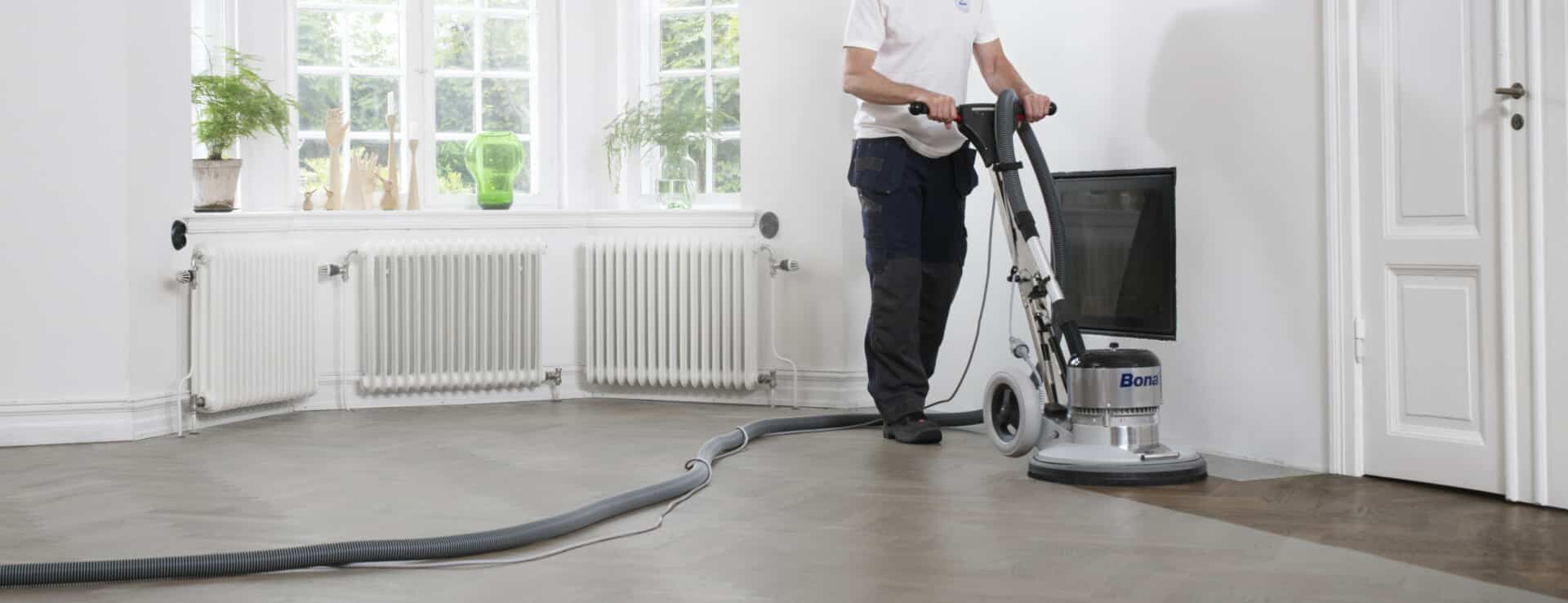
Introduction
When it comes to skincare, the cleanser you choose can make a significant difference in your skin’s health and appearance. While traditional soaps have long been a staple in our daily routines, non-soap cleansers are gaining popularity for their gentle, skin-friendly properties. These cleansers offer a unique approach to skin care, helping to promote better skin repair and overall health. For instance, like AllMedic skin repair can be a valuable addition to your skincare regimen, providing targeted solutions for various skin concerns.
What Are Non-Soap Cleansers?
Definition and Types
Non-soap cleansers offer a gentler alternative to traditional soap, formulated to cleanse the skin without stripping away its natural moisture. These products typically employ ingredients like micelles, mild surfactants, and rich moisturisers to effectively remove dirt and oil. Micellar water harnesses tiny micelles to attract impurities, cleansing gels provide a gel-based formula with milder surfactants, cleansing creams offer deep hydration for dry skin, and cleansing oils dissolve impurities while nourishing the skin.
Differences from Traditional Soap
Traditional soaps are typically alkaline, which can disrupt the natural pH balance of your skin. Non-soap cleansers, on the other hand, are often formulated to match the skin’s natural pH, which helps maintain its protective barrier and prevents dryness and irritation.
Benefits of Non-Soap Cleansers
Gentle on the Skin
One of the main advantages of non-soap cleansers is their gentle nature. Unlike traditional soaps, which can be harsh and drying, non-soap options are formulated to be mild, making them suitable for sensitive skin. This gentleness helps prevent the skin from feeling tight or irritated after cleansing.
Preservation of Skin’s Natural Oils
Non-soap cleansers are designed to clean without stripping away the skin’s natural oils. This is crucial for maintaining the skin’s moisture balance and preventing dryness. By preserving these oils, non-soap cleansers help keep your skin soft and hydrated.
Avoidance of Irritation and Dryness
Traditional soaps can cause irritation and exacerbate skin conditions like eczema or psoriasis. Non-soap cleansers minimise the risk of such issues by avoiding harsh chemicals and maintaining a balanced pH. This makes them a better choice for those with delicate or problematic skin.
How Non-Soap Cleansers Support Skin Repair

Reduced Disruption of Skin Barrier
The skin barrier is a protective layer that helps keep harmful substances out while retaining moisture. Non-soap cleansers are less likely to disrupt this barrier, ensuring that it remains intact and effective. This reduction in disruption supports the skin’s natural repair processes.
Enhancing Skin Hydration
By avoiding the harsh, drying effects of traditional soap, non-soap cleansers help maintain hydration levels. Ingredients like glycerin and hyaluronic acid, often found in these products, attract and retain moisture in the skin, contributing to a plump and healthy appearance.
Promoting Healing of Skin Conditions
For individuals with specific skin conditions, such as acne or rosacea, non-soap cleansers can be beneficial. Their gentle formulations can help reduce inflammation and prevent further irritation, aiding in the overall healing process. Additionally, many non-soap cleansers include soothing ingredients like chamomile or aloe vera.
Key Ingredients in Non-Soap Cleansers
Glycerin
Glycerin is a humectant that draws moisture from the air into the skin. It’s commonly used in non-soap cleansers for its hydrating properties.
Hyaluronic Acid
This powerful ingredient helps retain moisture and plump the skin, making it an excellent choice for maintaining hydration.
Aloe Vera
Known for its soothing and anti-inflammatory properties, aloe vera is often included in non-soap cleansers to calm irritated skin and support healing.
Chamomile Extract
Chamomile extract is used for its calming effects and ability to reduce redness and inflammation. It’s a great addition to cleansers for sensitive skin.
Choosing the Right Non-Soap Cleanser for Your Skin Type
For Dry Skin
Opt for a non-soap cleanser that includes moisturising ingredients like ceramides or oils to prevent further dryness.
For Oily Skin
Look for gel-based or foaming non-soap cleansers that help control excess oil without stripping the skin.
For Sensitive Skin
Choose a cleanser with soothing ingredients like aloe vera or chamomile, and avoid products with fragrances or harsh chemicals.
For Combination Skin
A balanced non-soap cleanser that addresses both dry and oily areas without causing imbalance is ideal.
How to Use Non-Soap Cleansers Effectively

Step-by-Step Application
Begin by wetting your face with lukewarm water to soften and prepare your skin. Apply a small amount of cleanser to your fingertips and gently massage it into your skin using circular motions. Rinse your face thoroughly with water to remove all traces of the cleanser. Finally, gently pat your skin dry with a clean towel.
Frequency of Use
For optimal results, use non-soap cleansers twice daily—morning and night—to keep your skin clean and balanced.
Potential Drawbacks and Considerations
Cost
Non-soap cleansers can be more expensive than traditional soap, but the benefits for your skin’s health often justify the cost.
Allergies and Sensitivities
Even though they are generally milder, it’s essential to check the ingredient list for any potential allergens.
Conclusion
Non-soap cleansers offer a gentle, effective way to clean your skin while supporting its natural repair processes. By preserving the skin’s moisture balance and avoiding harsh ingredients, these products contribute to healthier, more resilient skin. Whether you have sensitive, dry, oily, or combination skin, there’s likely a non-soap cleanser that can meet your needs and enhance your skincare routine.
Read more on WCCO







